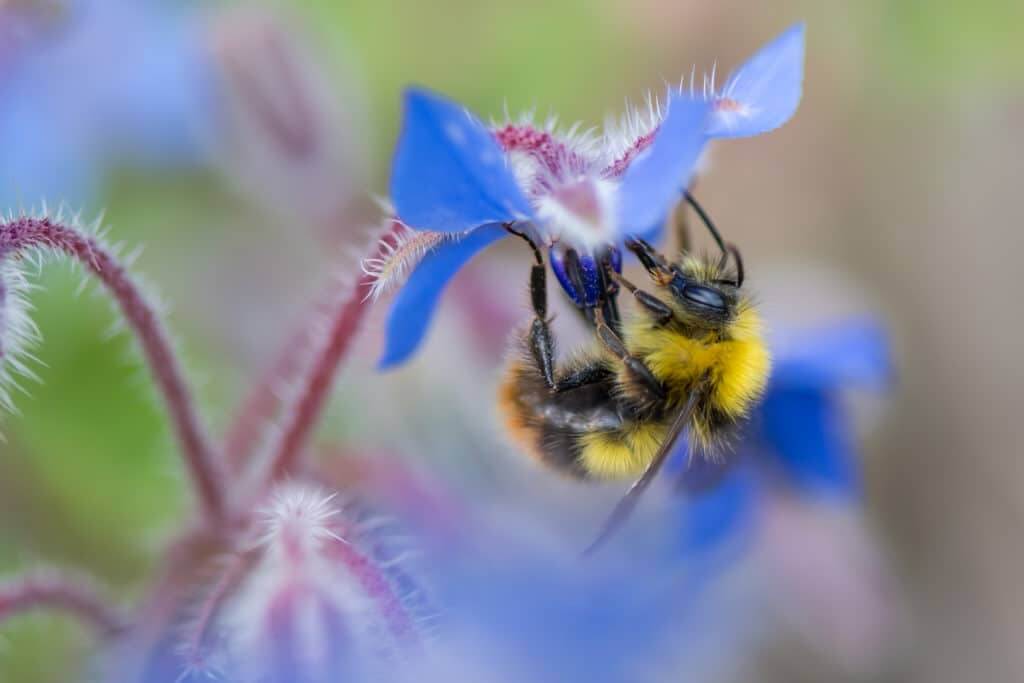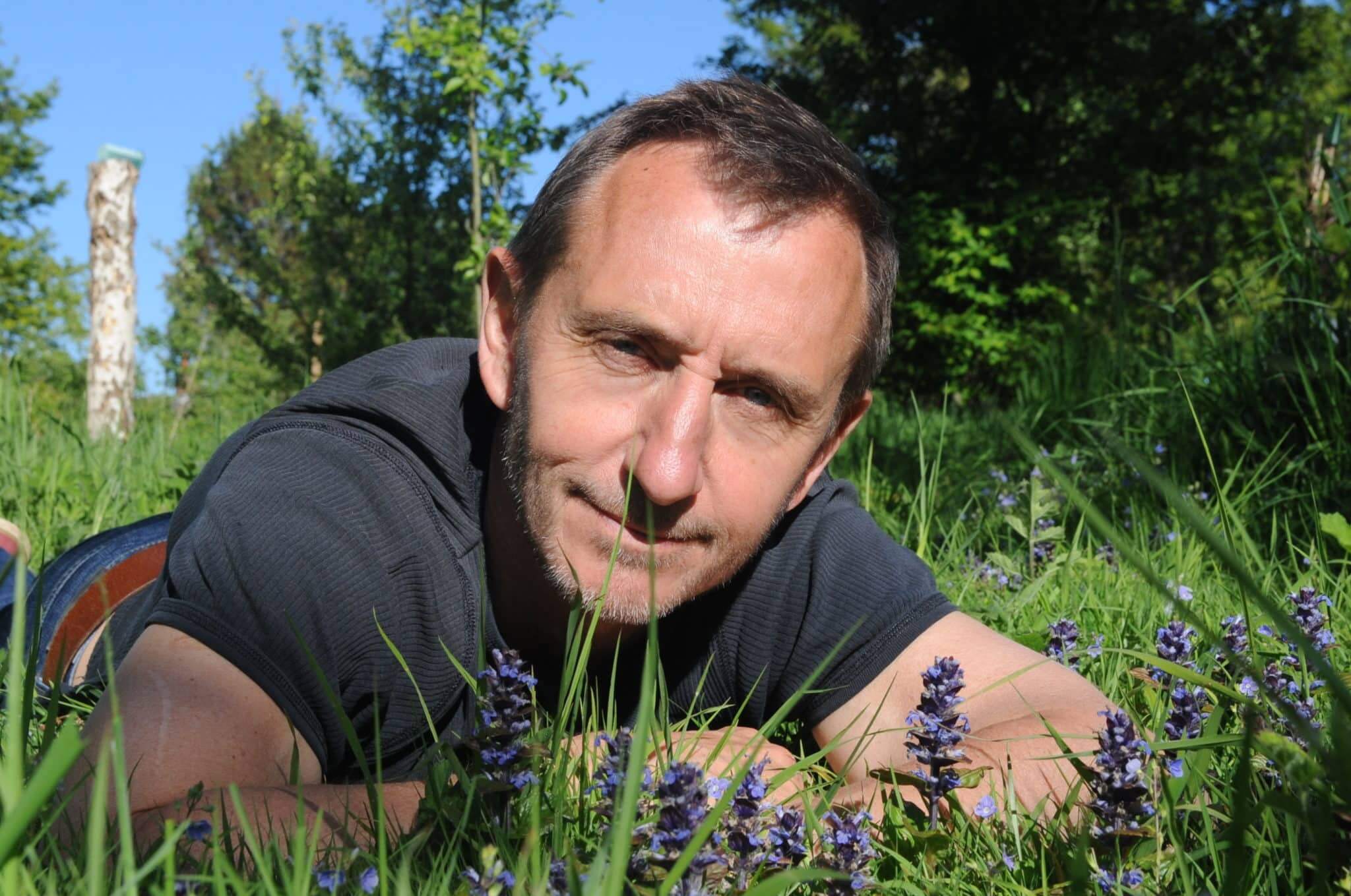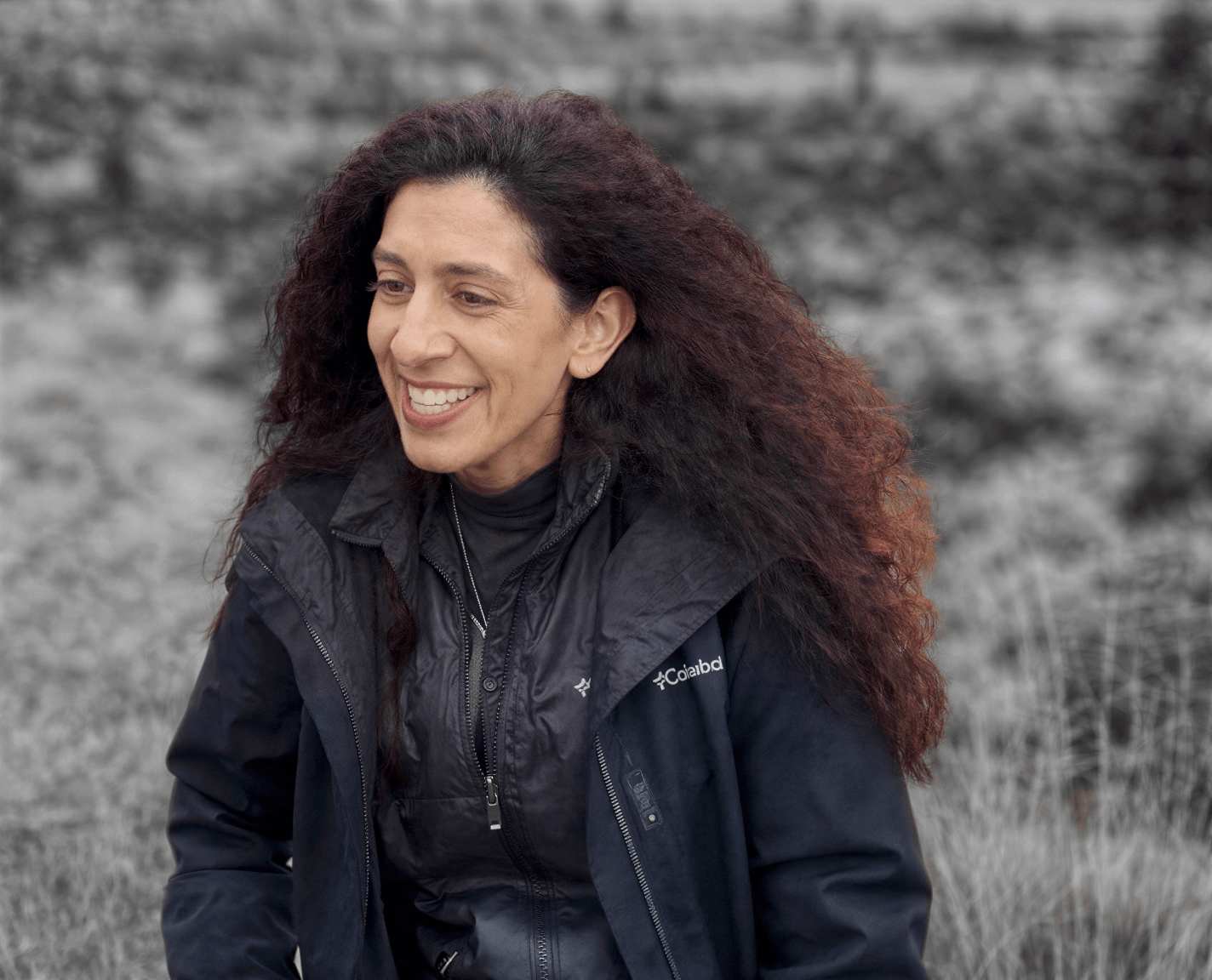Wicked Leeks (WL): There is so much evidence now, including your new book Silent Earth, on what we need to do to reverse insect declines. Why isn’t it happening?
Dave Goulson (DG): I think there’s a number of reasons behind this inertia. Most people are completely unaware. The climate crisis has got quite a bit of traction, but the biodiversity crisis has got much less traction with the general public. Probably 95 per cent of people are just busy with their lives and are completely oblivious.
WL: How bad is it?
DG: Not to be dramatic, but if you look at all these environmental problems we’re creating, not just climate and biodiversity crises, but overfishing of the sea, opening new coal mines, bleaching coral reefs – you can make a pretty good case, and lots of scientists would agree, that we could potentially see a collapse of civilisation as a result of the combined effects. I was one of 17,000 scientists who signed a ‘scientists’ warning to humanity’, which basically spells out that if we carry on, at the very least life is going to be much harder for future generations. And most people have no idea. If they really believed their kids were going to have a much harder life because of what we’re doing now, I think they’d be different. And it’s not just people, it’s politicians. The ones who could change things quickly are equally disengaged.
WL: In your specific field, what changes have you seen in the species you study?
DG: Butterflies, which we have good data for, have basically halved in abundance since I was a kid. The Shrill Carder bee was a common insect all over England and Wales and it’s right on the edge of extinction now, apart from a few small populations. If you look at the German data, where they found a 76 per cent decline in 26 years, that’s entirely happened in my lifetime. Since I was born we’ve obliterated a big proportion of life on earth, which is terrifying, isn’t it?
WL: Do you know of any conservation success stories? You mentioned that insects can recover well once we stop poisoning them.
DG: The large blue butterfly is a nice example – it went extinct in Britain but was reintroduced and they now know what habitat it needs and it’s thriving. It’s had a really good year and there are thousands of them in the Cotswolds where it was reintroduced. And more broadly, we know we can make urban areas good for insect life. We know it’s possible to grow food in a way that supports insect life, and there are plenty of examples of farmers doing exactly that. It’s about making it all mainstream.
WL: How could we do that?
DG: One would be consumer demand – if everybody bought organic, there would be no pesticides in the world. It’s easy to easy, it’s less easy to persuade people to do it as organic is a bit more expensive. Some people see it as a luxury, some people don’t care.
WL: What about those who say there isn’t enough land for everything to be organic?
DG: The yields in conventional farming are after years of heavy investment – from research into pesticides, fertilisers or genetically modified crops in some parts of the world. Organic and alternative farming have had about two per cent of the research spend. If we really wanted to close the yield gap, maybe we should actually invest some money in working out how to do it.
WL: What is the latest situation on neonics in the UK?
DG: Broadly they were banned in arable farming in the UK in 2018. Since then, we’ve had various derogations [exemptions], sugar beet being the most recent last year, which is probably going to be granted again this year.
WL: What are your thoughts on that?
DG: People argue that sugar beet doesn’t flower so it’s nothing to worry about. If you look at the history of neonics, initially the concern was centred around flowering crops like sunflowers and oilseed rape. And we realised because they’re systemic, the seed coating was getting into pollen. But then a whole swathe of evidence, including from my lab, showed they were still turning up in wildflowers and flowering hedgerows around fields being treated with neonics, wheat being the main culprit. Because they get into the soil, they’re sucked into the roots of any plant – they don’t care which. So they leach out of the seed into the soil, into the soil water, and any plant with its roots in that field, like willow or hawthorn with flowers, or the flowers that the farmer might deliberately sow to bring pollinators close to the crop. Basically the bees were still being exposed to neonics, even if banned on flowering crops. And that’s why in 2018 they were banned on all crops.
WL: What do you say to the argument around offshoring the impact of our food, by buying sugar produced elsewhere with lower pesticide regulations or poor worker rights?
DG: I would say that sugar is basically really bad for us and we should be taxing sugar, or products with a certain amount of sugar, because we have an obesity and a diabetes crisis, which is costing the country really dearly. So if sugar beet yields were a bit lower, would that really be a bad thing? Maybe we could encourage people to eat less sugar. Given that we import something like 70 per cent of our vegetables, why don’t we encourage the farmers who are growing sugar beet to grow something that’s actually good for us?
WL: Where else are bees exposed to neonics?
DG: On the neonics, they’re still used in plantations and forestry but we don’t have any figures because it’s not reported by Defra as an agricultural pesticide. The other issue is that we banned them for farmers, but you can still buy them to drip on your dog or cat. So they’re still in every river, in soils where sugar beet is grown, and in forested areas where we’re planting trees. But there’s a danger that the whole neonics debate gets really polarised and people became convinced that if we ban neonics, bees would be fine. And it’s not true, they just replace them with something else.

WL: Where should people focus their efforts for action?
DG: Reducing pesticide use generally, not banning one product. Most of them eventually get banned but it takes 20-40 years. They come onto the market, they get through the regulatory process and are deemed to be safer, until they’re discovered to be not safe years later. Then they’re banned and replaced with something else. The companies make all of their money in the first 10-15 years when they get an exclusive patent or licence. Once they get past that, the price drops and they don’t make much money anyway, so they’re quite happy to see it banned at that stage and then they just roll out their next new product. So it goes on and the environment becomes incredibly degraded.
WL: What do you think people should do, who want to help?
DG: It’s really easy if you’ve got a garden to make it insect friendly. Grow some wildflowers, don’t mow very often, don’t use pesticides, dig a little pond, don’t dead head flowers at the end of summer. And you can very quickly have literally thousands of species. It doesn’t take long. If you plant a marjoram plant in your garden, as soon as it flowers it’s covered in butterflies, hoverflies, bees – it works, and it’s really quick.
WL: For someone who’s trying to help on a bigger level, what would you advise?
DG: Supporting sustainable farming, not just organic but local food, eating seasonally, don’t eat too much meat.
WL: Why would eating less meat help the biodiversity crisis?
DG: It is all connected. We’ve devised a food system globally that makes us unwell and is destroying the environment to do it. How did we come up with such a terrible way of feeding the world? It could be so much better and we know how to do it.
Read more on how to invite wildlife into your garden.
Silent Earth: Averting the insect apocalypse by Dave Goulson (£8.49, Vintage) is out now.










So do you advocate that dogs and cats shouldn’t be routinely treated for fleas and worms? Most vets put a lot of pressure on owners to do this. My vet insisted my cat has fleas, but he doesn’t. I know this, I’ve had cats for 50 years, I know what to look for! fleas have more or less disappeared from the environment? It must be because my neighbours obey the vet! Same with routine drenching of farm animals, haven’t seen a dung beetle for years.
The British Veterinary Association now advocates that vets adopt a risk-based approach to using parasiticides https://www.bva.co.uk/news-and-blog/news-article/new-five-point-plan-to-help-vets-practise-responsible-use-of-parasiticides-for-dogs-and-cats/
You can use a flea and tick treatment for your dog that is made from 100% herbs. It doesn’t harm the environment and works by encouraging your dog to build up its own natural defences. I’ve used it on my dogs for sometime now and not a flea or tick in sight.
I don’t use anything on my dog and he’s never had fleas or ticks – probably because he is at low risk of both – he doesn’t come into contact with other animals (so unlikely to get fleas) is not walked in areas where there is long grass and where tick-carrying animals (e.g. deer and other livestock frequent) and is never off the lead (so is unlikely to pick up ticks) – that and a bit of luck I expect.
If our young dog didn’t go off lead she’d go potty. She’s so full of energy. The Brits have barely got the idea of dog parks; embarrassing to be so far behind Americans.
I have read my Dave Goulson books. I quote his figures to local people.